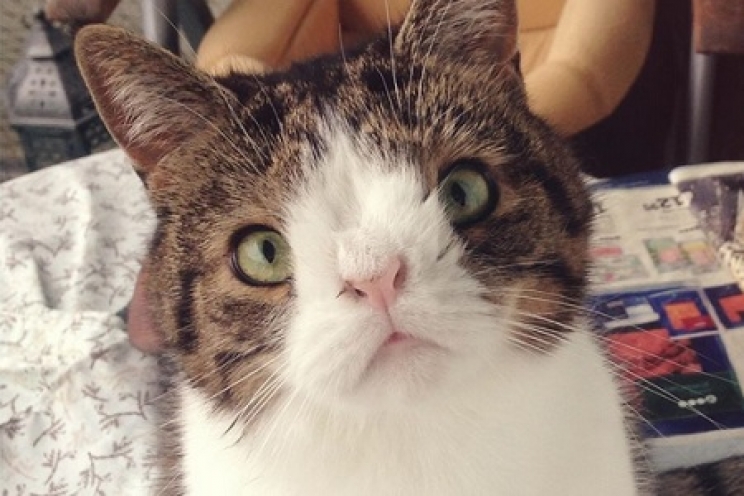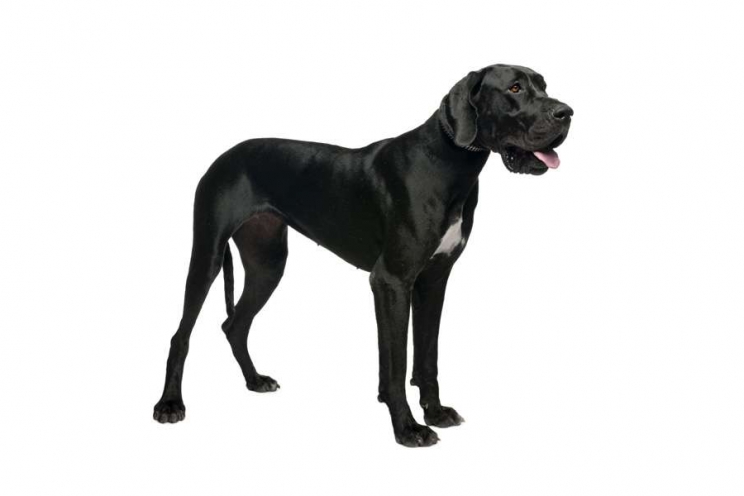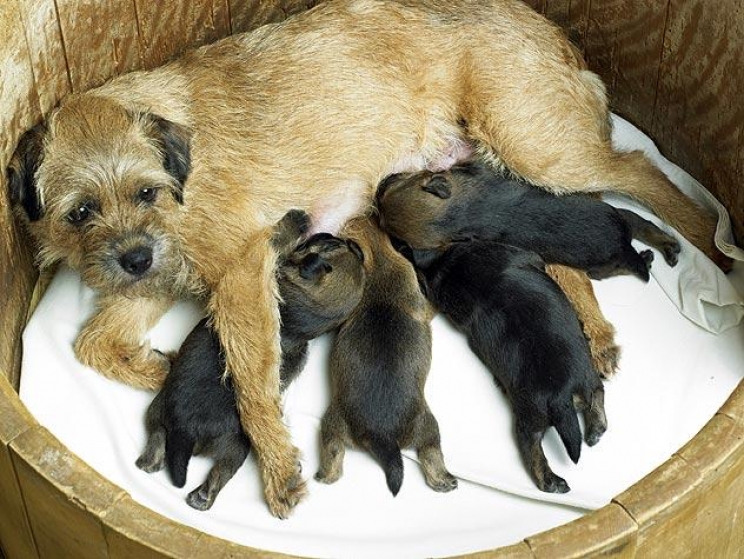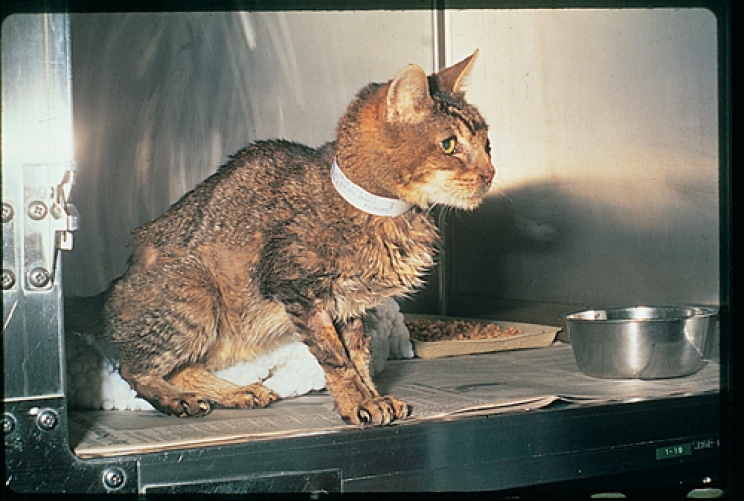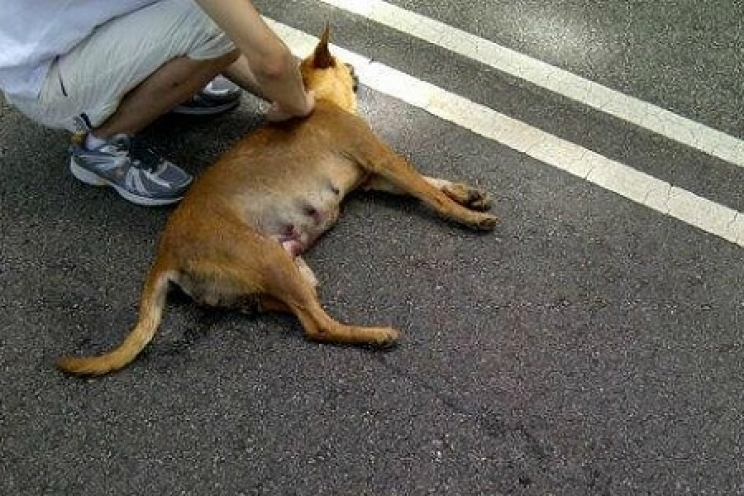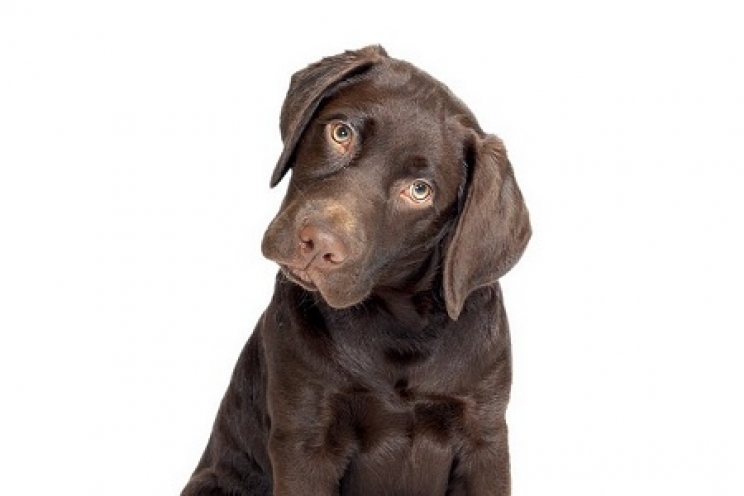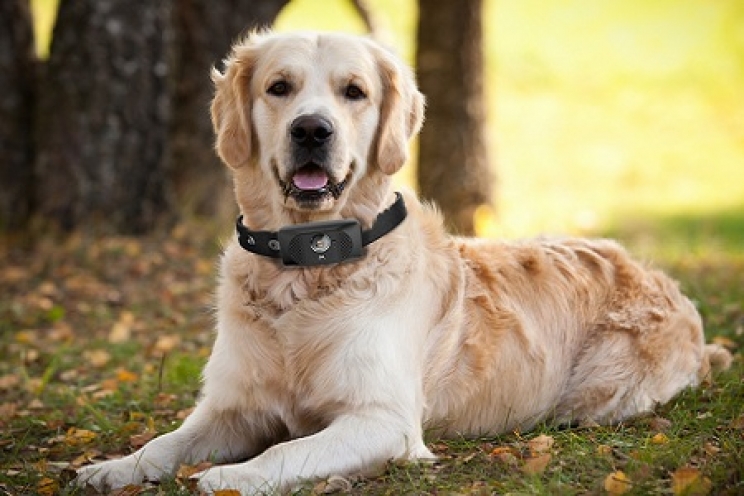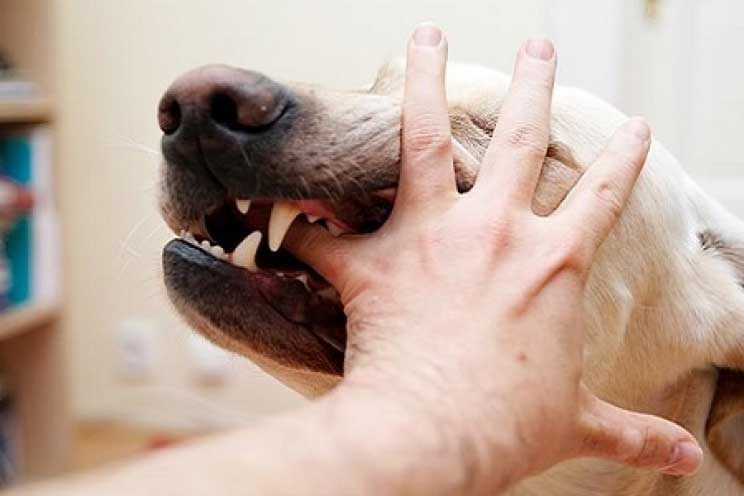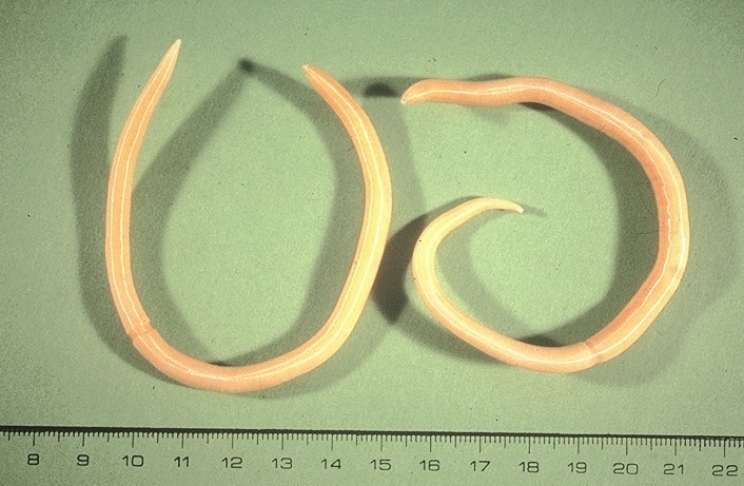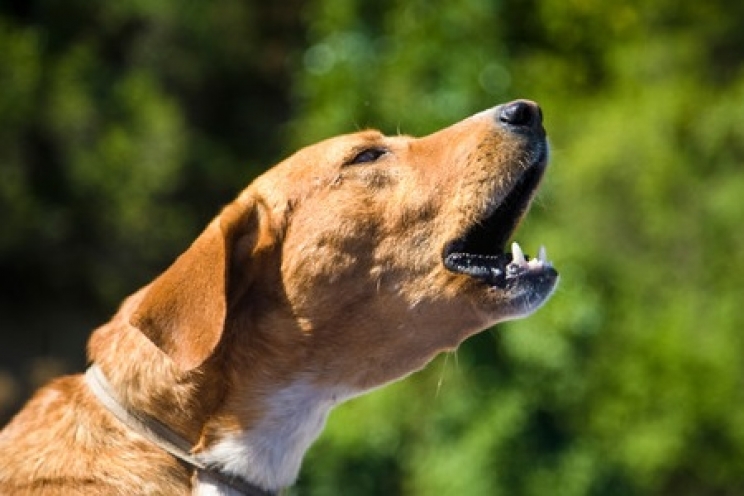Cough is a symptom that can also affect our animals. In this article, we will understand the reasons and causes of cough.
What is cough
Coughing is a reflex action that our body has to try to eliminate all unwanted substances present in the respiratory system, from the lungs to the bronchi and trachea. When mucus, bacteria, viruses, or dust build up in these structures, it can irritate them, stimulating the cough reflex. This is how the typical coughing noise occurs, due to the air being expelled violently and forcibly.
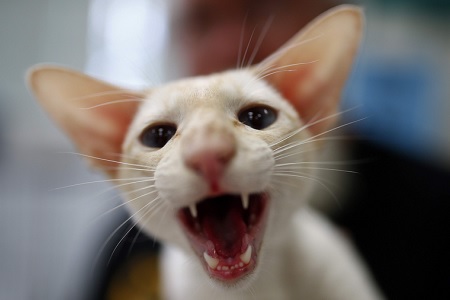
Cough can present itself with different characteristics based on the triggering cause or other aspects. In particular, the main types of cough include:
- Dry cough: it is the classic "irritating" cough of humans, emitted with dull sounds, without anything being expelled during coughing;
- Productive cough: this is defined as the cough that occurs with the escape of mucus, pus, blood or foamy material from the mouth or nose of the animal;
- Flare-up or paroxysmal cough: coughing occurs suddenly and persists continuously for many seconds or minutes. Indicates a very important irritation of the respiratory system;
- Painful cough: the dog or cat gives the impression that they refuse to cough, despite the presence of the stimulus. When the vet tries to provoke the cough reflex during the visit, they struggle;
- Rare cough: the dog or cat only coughs a few times from time to time.
The causes
Coughing does not occur only in the presence of irritating or infectious stimuli. In other cases, in fact, it represents the symptom of some conditions and diseases, including:
- Infections by bacteria, viruses and fungi;
- Inflammation of the respiratory systems tract;
- Allergies;
- Bronchial asthma: in the presence of irritating or allergic stimuli or in the case of physical exertion, the animal's bronchi close, making breathing difficult. A typical hissing sound may be heard during inspiration and during the most severe asthma attacks the animal breathes quickly and with difficulty;
- Lung tumours;
- Cardiovascular disease: especially in dogs, coughing can indicate the presence of a heart or circulatory system problem. It occurs mainly after physical exertion, for example when climbing stairs or returning from a walk. Cardiovascular diseases are more frequent in older dogs, unless they are malformations or problems present from birth;
- Presence of parasites in the lungs, such as cardiopulmonary filariasis;
- Presence of foreign bodies in the respiratory system;
- Pulmonary edema, that is, the presence of fluid inside the lungs.
At the same time, cough can manifest itself in animals exposed to certain situations, such as:
- Prolonged exposure to air conditioning or heating;
- Inhalation of dust;
- Environments full of deodorants and perfumes;
- Owners use of aggressive and irritating detergents;
- Collars which are too tight;
- The dog "pulls" the leash when it is taken out by the owner.
To be able to understand the causes of the cough, we must also look at accompanying symptoms, such as:
- Sneezing;
- Excessive tearing;
- Temperature;
- Altered voice;
- Wheezing during inspiration;
- Labored breathing;
- Difficult breathing;
- Expulsion of mucus, blood or foam from the nose or mouth.
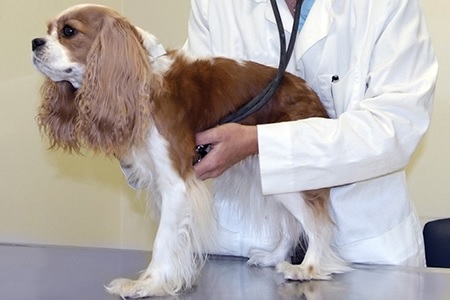
What to do
If your dog or cat coughs, take them to the vet as soon as possible, who will be able to examine them thoroughly. Therapy must be established based on the outcome of the visit and any tests, such as blood tests and a chest X-ray, which can be useful for assessing the situation of the lungs and heart.
Your vet will tell you what to do.
In most cases, the initial therapy involves the administration of antibiotics and anti-inflammatories, especially in the case of bacterial or viral infections. The vet will also be able to determine if it is appropriate to start an inhalation therapy, the classic aerosol that we also use when we have a cold. For dogs and cats it may be useful to lock them in their carrier or in a very small room, allowing them to breathe the vapors emitted by the aerosol device.
If the cause of the cough is identifiable in a heart problem, specific medications or surgery may be prescribed.
Even in the case of parasites and other types of infection, therapy is specific to the responsible agent.
In any case, it may be useful to observe the situations in which the animal senses the cough reflex. If they cough immediately after coming into contact with deodorants, detergents, powders and other substances, you should stop using them or clean the house with non-toxic products.
If the dog coughs when you take him outside, he is probably allergic to something in the air, so it will be necessary to treat the allergy and perhaps try to change the area of the daily walk.
In any case, do not underestimate an important symptom such as coughing, as your pet may need appropriate therapy as soon as possible. Take him to the vet, who will know what to do to help him get better.

